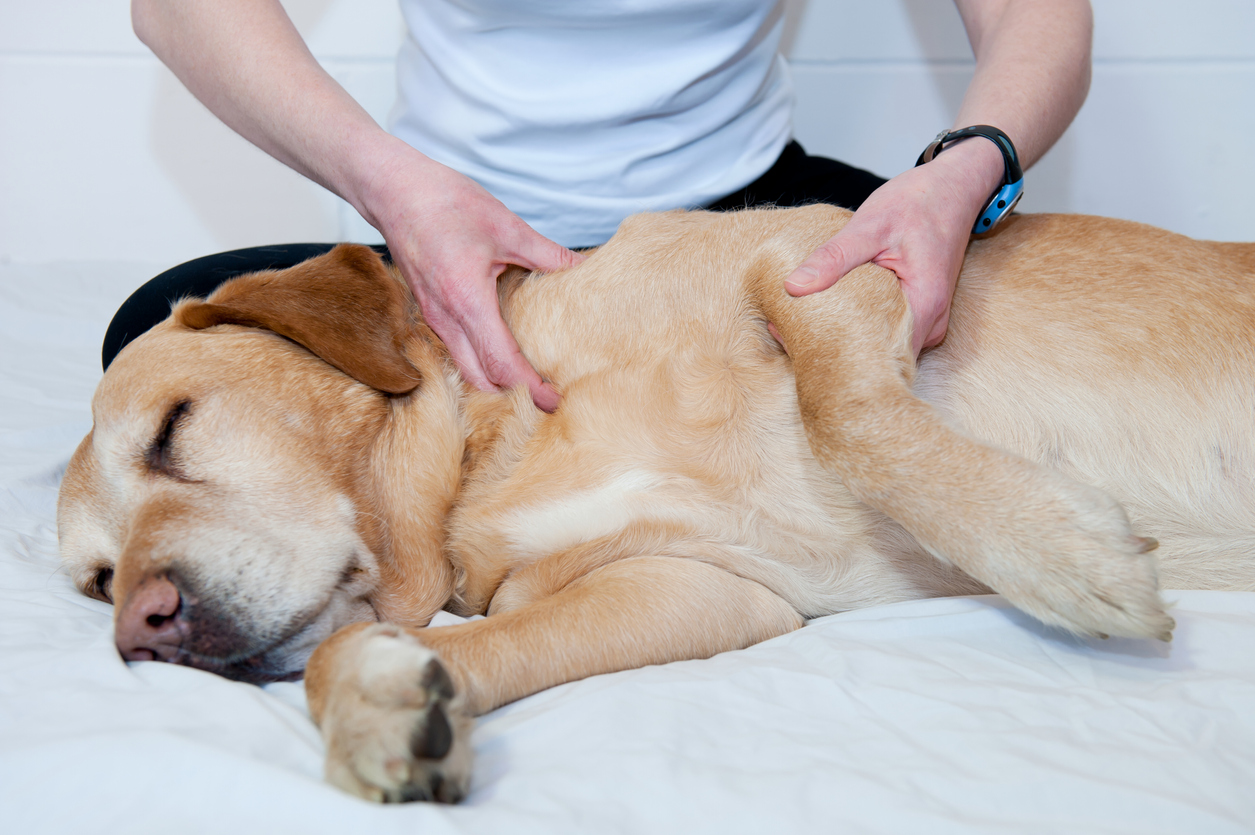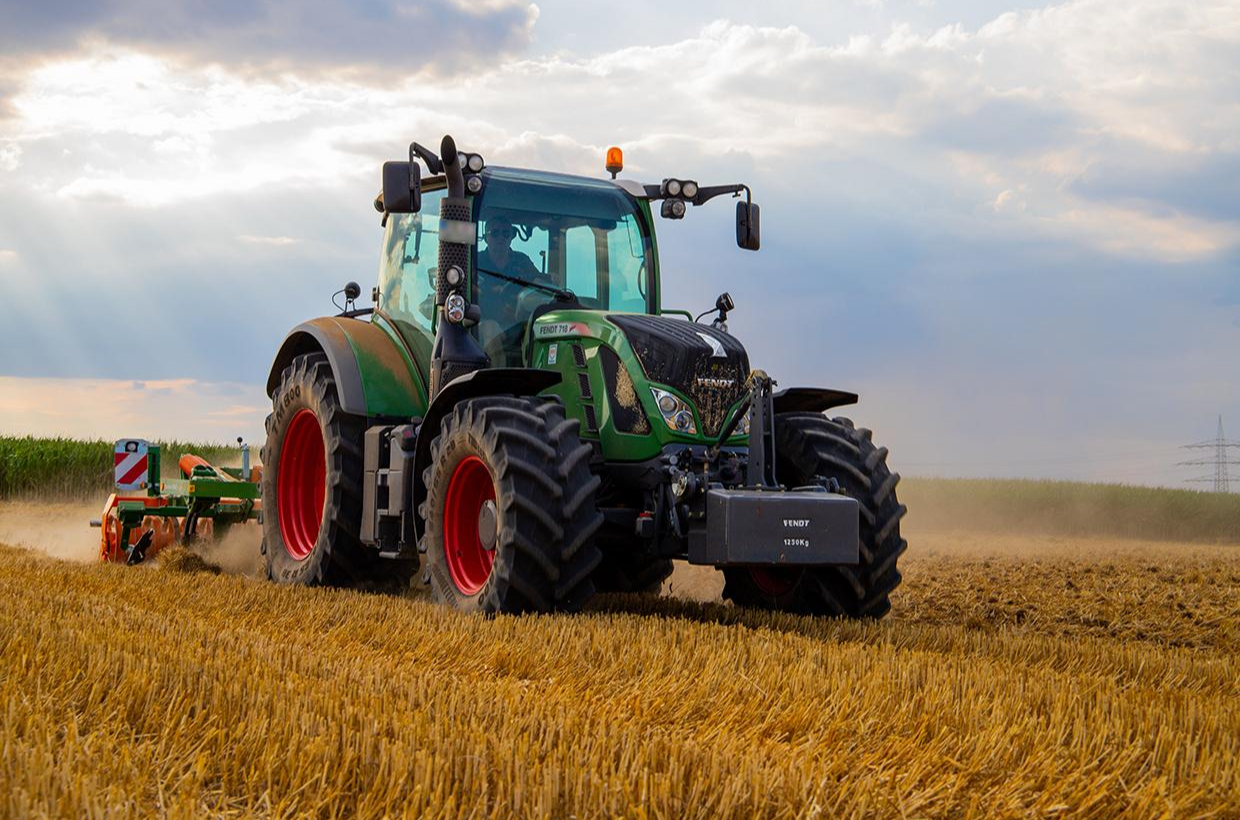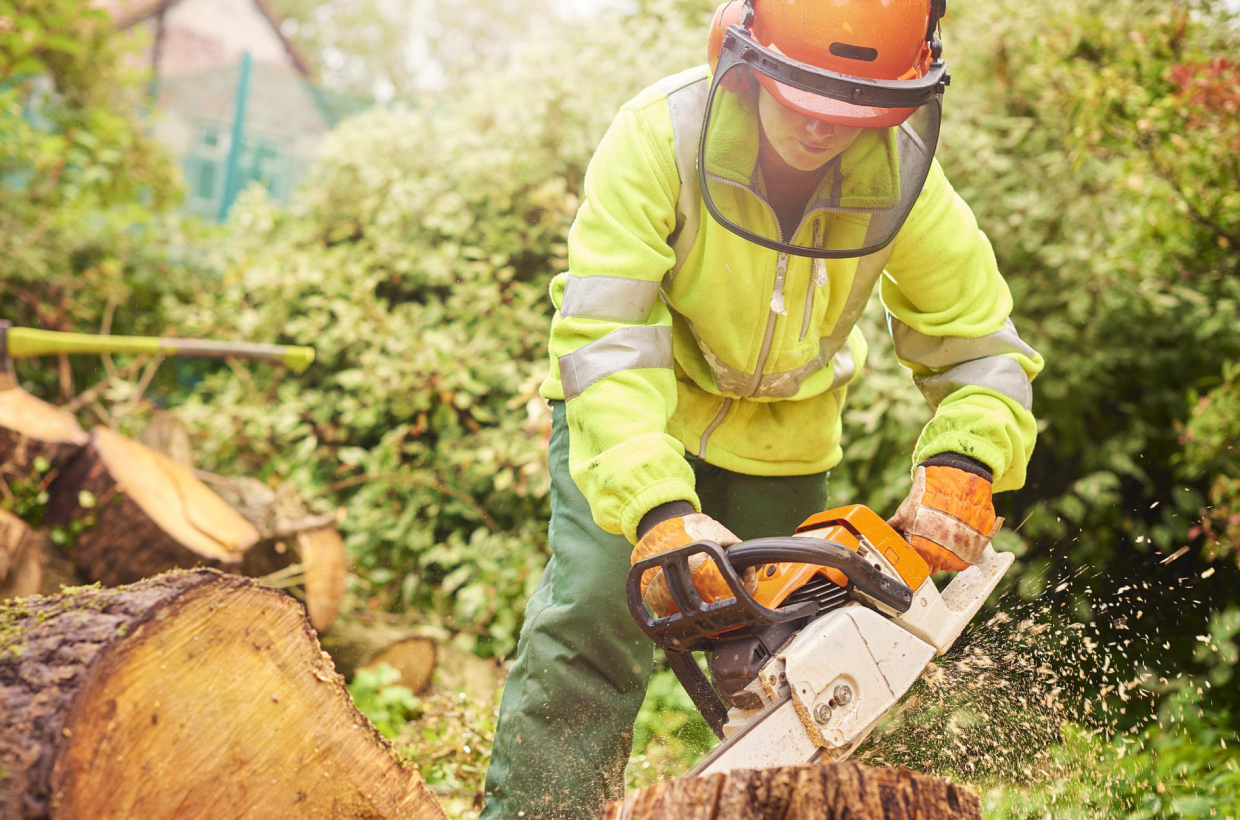
Animal Physiotherapists help to reduce pain, improve movement and prevent recurring injuries in animals. They treat domestic pets, farm animals and exotic pets, with horses, dogs and cats being the most common.
Animal Physiotherapists treat a range of complaints, including spinal and joint problems and muscle injuries. They help animals with rehabilitation movements after surgery, and devise regimes from preventative physiotherapy to exercises to help with the animal’s weight management.
As well as Physiotherapists, Osteopaths and Chiropractors can be sought to support treatment of animal's ailments - all seek similar outcomes:
Osteopathy focuses more on the diagnosis, treatment and rehabilitation of musculoskeletal disorders
Chiropractic treatment is also concerned with the muscles, the joints and the ligaments of the body
Also known as: Veterinary Physiotherapist
You’ll need:
to have an interest in the health and wellbeing of animals, and an understanding of animal behaviour
good customer service, communication and active listening skills, working well with owners and keepers
physical skills such as mobility and co-ordination
to multi-task, problem solve and prioritise work with good timekeeping
patience and the ability to remain calm in stressful situations
to use IT and keep accurate records
a driving licence as there will be a lot of travelling between clinics and clients
Joining a professional body before you complete your training can be the best way to find out about upcoming vacancies and access CPD courses.
Between 35-40 hours per week, Monday to Friday. Part-time contracts are common, and weekend or out-of-hours appointments may be needed to meet the needs of clients.
Visit animals in homes, farms, wildlife parks and zoos, or hold clinics for animals to be brough in by their owners
Talk to owners and keepers to find out the animal’s medical conditions
Carry out assessments on patients - new clients or following surgery
Using the right procedure to treat the patient; this could be massage, ultrasound, electrotherapy, or exercise techniques
Write reports on progress and work with owners or keepers on exercises to follow, changes to make to the animal’s environment and treatment plan
Treatments are carried out in veterinary surgeries and hospitals, at the client’s home or in stable yards. You spend time making farm visits and making visits to animal hospitals.
Exercising animals and carrying equipment can be physically demanding so the job requires a good level of fitness.
Training is an essential part of any job, giving you the skills and knowledge you need to do your job safely and correctly. It also helps to strengthen your current skill set and prepares you for the next stage in your career.
Apprenticeships help you build the experience and skills that employers want to see. No matter what stage you’re at, they’ll help set you up for a bright future. There are lots of ways to get involved.
Once you're fully qualified, you could specialise in the treatment of specific conditions, such as breathing or nervous system conditions.
If you work in a large company, there may be opportunities for promotion to senior or leadership positions, or you may move into self-employed consultancy. You could also become a lecturer, training others into the profession.
Animal Physiotherapist will usually work in one of the following industries. Click below to find out more about possible career paths.
From cats and dogs to endangered species, taking care of animals is a rewarding and interesting career path.
59% of households in the UK own a pet, according to a recent survey by the Pet Food Manufacturers Association, while in the Republic of Ireland, this increases to an estimated 61%, so if you want to build a career around working with animals then you’re going to be spoilt for choice. Job roles are incredibly varied – if taking care of domestic animals like cats and dogs isn’t for you, why not think about veterinarian work where you help look after wildlife or livestock? Or if you go wild for exotic species, why not explore the dynamic worlds of conservation and zookeeping?
The choices are endless and every role – and route into it – is different. It’s worth spending a little bit of time thinking about your strengths and weaknesses, as well as the kind of animals you’d like to work with – we’ve put together a few options for you to think about.
Over 120,000 people work in Veterinary and Animal Care services occupations in the UK.
Between the RSPCA, SSCPA and USPCA charities, over 32,000 animals in the UK were rehomed or released in 2020
There are over 1,500 veterinary businesses in the Republic of Ireland, employing almost 4,000 people
During 2021, the Dog Trust charity in the Republic of Ireland received 2,155 requests from people wanting to rehome a dog, and increase on the previous year of 82%
Turn your love of horses into a fulfilling career – explore the equine industry’s exciting career prospects.
Covering everything from working in competition and race yards, riding schools and professional horse training, there are lots and lots of different career opportunities in the equine industry. If you love horses and are happy to work hard in all weathers, this could be the perfect environment for you.
Whether you chose to work in coaching, racing or trekking, you could work as a groom, instructor, yard manager or trainer. There are also lots of varied support roles available too – such as becoming a farrier, a vet and or even a specialist equine dentist.
The Equine industry supports approximately 900,000 horses and 2 million riders in the UK
The economic value of the equestrian sector to the UK is £4.7 billion
The number of horses in training to race per year has remained between 22,000 and 23,500 for 5 years in a row
The Irish equine breeding and racing industry generates over €1.8bn in economic activity and supports almost 29,000 jobs
These courses are perfect if you are starting out on your career but they are also great for people already in jobs who want to improve their skills.
To find out more about qualification levels in England please visit Regulated Qualifications Framework (RQF) for England and Northern Ireland or Framework for Higher Education Qualifications for England, Wales and Northern Ireland (FHEQ) .
To find out more about qualification levels in Northern Ireland please visit Regulated Qualifications Framework (RQF) for England and Northern Ireland or Framework for Higher Education Qualifications for England, Wales and Northern Ireland (FHEQ).
To find out more about qualification levels in the Republic of Ireland, please visit National Framework of Qualifications for Ireland (NFQIE)
To find out more about qualification levels in Scotland please visit Scottish Credit and Qualifications Framework (SCQF).
To find out more about qualification levels in Wales please visit Credit and Qualifications Framework for Wales (CQFW) or Framework for Higher Education Qualifications for England, Wales and Northern Ireland (FHEQ).
| Title | Level |
|---|
These courses are perfect if you are starting out on your career but they are also great for people already in jobs who want to improve their skills.
Whether you’re just starting out in the workplace, want to upskill or are considering changing direction, Apprenticeships are a fantastic way to build your career. Apprenticeships combine work with on-the-job training, so if you want to earn as you learn, there’s an apprenticeship out there for you – you can even start an apprenticeship if you already have a degree.
Work, earn and learn – no matter where you are in your career, an apprenticeship can set you up for a bright future.
Let’s get started!
Want to take on an apprentice? Employers start here.
An apprenticeship is a unique blend of work experience and study to help build the skills and knowledge you need for your career. Apprentices are employees – they have a contract, are paid and get the same benefits as everyone else. But the difference between an apprenticeship and a normal job is that apprentices are regularly released from work for training. Sometimes that’s a day a week, sometimes it’s for a longer block – it all depends on the job and the apprenticeship.
Apprentices work for all kinds of people at all kinds of stages in their lives. Most apprentices fall into one of three categories:
Previously restricted to school leavers and young people, apprenticeships are now a dynamic way of retraining people of all ages - there’s no upper age limit. The minimum age to become an apprentice is 16 and candidates can’t be in full-time education.
Apprenticeships offer a unique combination of paid work and study. They’re an exciting option for anyone who wants to gain experience, upskill or change career while working.
They offer a chance to work, learn and earn:


Interested in becoming an apprentice? Search for current opportunities and apply here.
Find your apprenticeship
You can also check vacancies on employer websites or get in touch with your local careers service.
What’s it like to work, earn and learn? Find out what apprentice life is really like.
Explore apprenticeship stories
Association of Chartered Physiotherapists in Animal Therapy (ACPAT)
Find out more
National Association of Veterinary Physiotherapists (NAVP)
Find out more
Institute of Registered Veterinary and Animal Physiotherapists (IRVAP)
Find out more
British Horse Society
Find out more
British Equestrian
Find out more
Thinking about your finances is important when you're looking at courses and training - different types of funding support is available depending on what type of course you're interested in and where you are located. We recommend you contact the training provider for more information on course costs and financing, but here are some links to connect you to support available:
Skills Hub Scotland is an online skill sharing marketplace creating new opportunities to learn and share skills. Wherever you are located - if you have a skill to share, or a skill to learn, Skills Hub Scotland can help.
Initially founded as a response to the Scottish Government’s CivTech 5 programme in 2020 and aiming to offer a platform for those in rural or remote locations, Skills Hub Scotland has been developed into an important sectoral resource. If you have a skill to share with others or are a training provider, list your workshop or course (all skills from all sectors are welcome). If you are a learner, use Skills Hub Scotland to search for and book a course!
STEM is an approach to learning and development that incorporates the areas of science, technology, engineering and mathematics. Learning in STEM connects to Education for Sustainable Development/Learning for Sustainability and the Sustainable Development Goals – this helps learners to understand that STEM plays a vital role in finding solutions to real world issues or challenges such as protecting biodiversity and tackling climate change. There are multiple pathways into a land-based STEM career including apprenticeships, further and higher education. This means that a career in STEM is open to everyone!
STEM Learning is the largest provider of STEM education and careers support in the UK. Their STEM Ambassadors programme sees volunteers representing a vast range of STEM-related jobs work with young people to bring STEM subjects alive through real life experiences. They help to open the doors to a world of opportunities and possibilities which come from pursuing STEM subjects and careers. To become a STEM Ambassador, you can register via the STEM Learning website: https://www.stem.org.uk/stem-ambassadors/join-stem-ambassador-programme
Lantra have worked in collaboration with STEM Ambassadors in Scotland to create two specific UK-wide Ambassadors schemes - Forestry and Aquaculture. Through these schemes, we want to make sure that those working in forestry and aquaculture have the support materials they need to take part in STEM activities. To find out more and register for the schemes, please follow the links below:
Smart Futures helps young people in Ireland discover the STEM subjects and careers that might be right for them. Co-ordinated and managed by Science Foundation Ireland, their programme allows young people to connect with people that are working in STEM, the organisations they’re working in and what their interests and skills are.
Why not take a look at the Industries Explorer as an introduction to the different areas you could work in.
If we can support you with any specific information, please click the button below to get in touch.